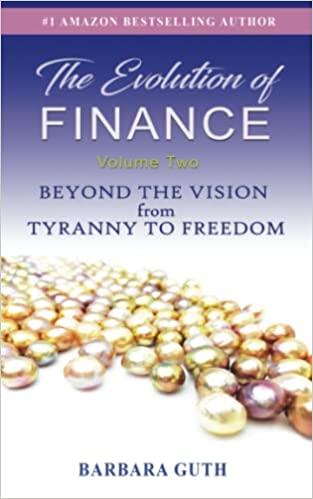Question
Much of this was experimental, and the lessons learned may lessen the toll of future recessions. By depositing cash directly into household bank accounts, Treasury
Much of this was experimental, and the lessons learned may lessen the toll of future recessions. By depositing cash directly into household bank accounts, Treasury has learned how, with congressional approval, to deliver stimulus almost as quickly as the Fed. PPP has yielded new tools to preserve employer-employee bonds in the face of shocks, reducing wasted economic potential. There are cautionary lessons, also. We dont know how fast the recovery would have been absent the stimulus. A pandemic is like a natural disaster, and historically recoveries from natural disasters are quick, whereas recoveries from financial crises are slow. The money had to be borrowed. Publicly held federal debt shot from 79% of GDP at the end of 2019 to 98% now, and there is as yet no credible plan to put it on a downward path again. This doesnt pose a burden so long as interest rates remain near zero. But future interest rates are more likely to be higher than lower, so ratcheting debt up by 20% of GDP isnt a realistic response to every future recession. A lot of stimulus money was wasted. Funds were sent to states to address budget squeezes that never happened. More than 90% of the jobs at firms that received PPP loans would have been preserved without the program, a study by Eric Zwick at the University of Chicago and three co-authors concluded. Thanks to $300 and $600 weekly supplements, unemployment insurance paid many recipients more than the job they lost. Whatever its other benefits, insurance that pays more than the lost job discourages work (by how much is debated) and, once demand for labor returned, slowed the return to normal. Better state information systems in the future would enable UI benefits to be calibrated to workers actual wage history. Benefits could also adjust automatically with economic conditions, such as unemployment and job vacancies. Finally, the case for the latest round of stimulus checks, weak from the start, has gotten weaker. They funneled more demand into a supply-constrained economy, exacerbating the inflation problem. This is the Achilles heel of stimulus: politically its so appealing
provide specific examples from the article below and relate them to finance concepts such as monetary policy, inflation, federal fund rate, bonds, quantitative easing, etc
Step by Step Solution
There are 3 Steps involved in it
Step: 1

Get Instant Access to Expert-Tailored Solutions
See step-by-step solutions with expert insights and AI powered tools for academic success
Step: 2

Step: 3

Ace Your Homework with AI
Get the answers you need in no time with our AI-driven, step-by-step assistance
Get Started


